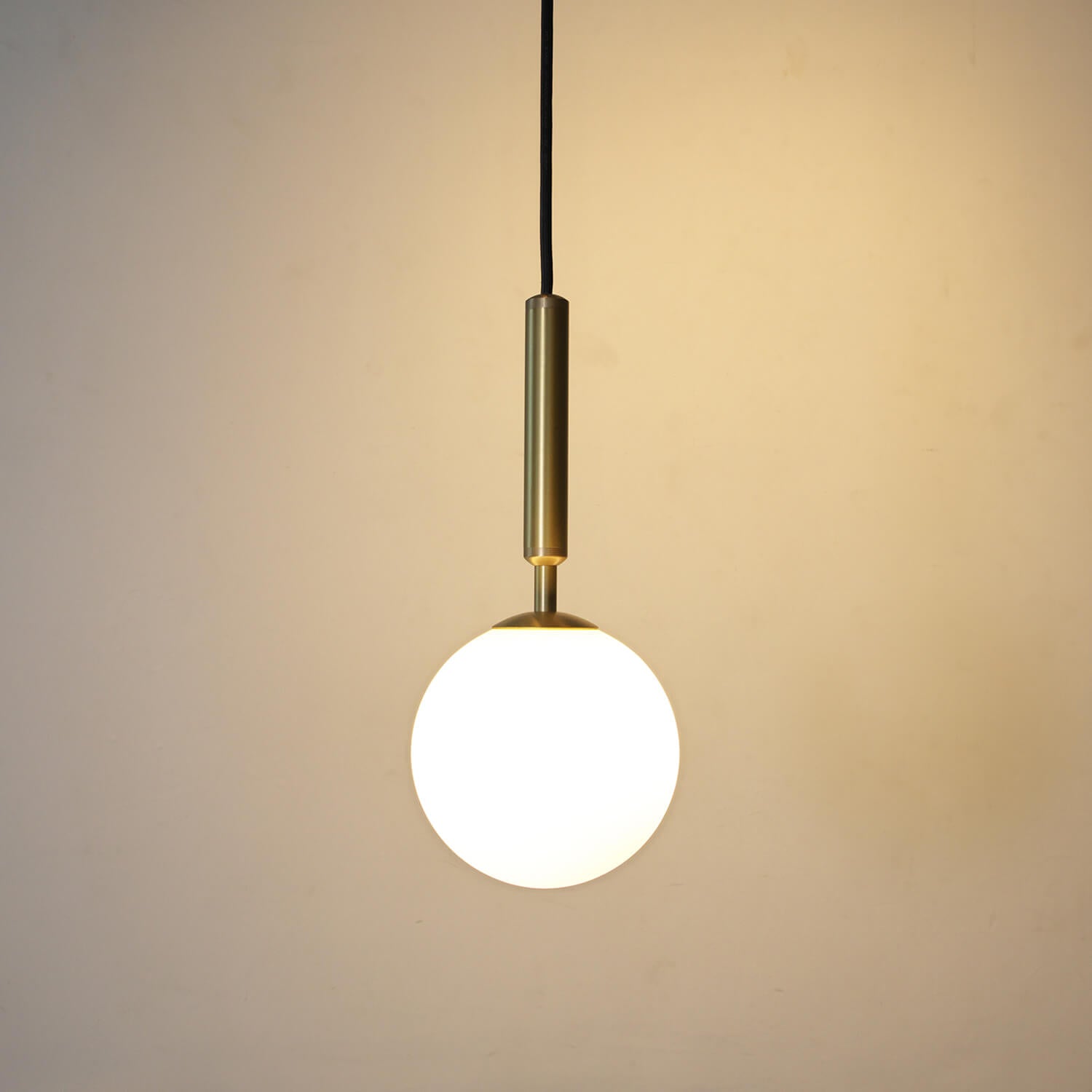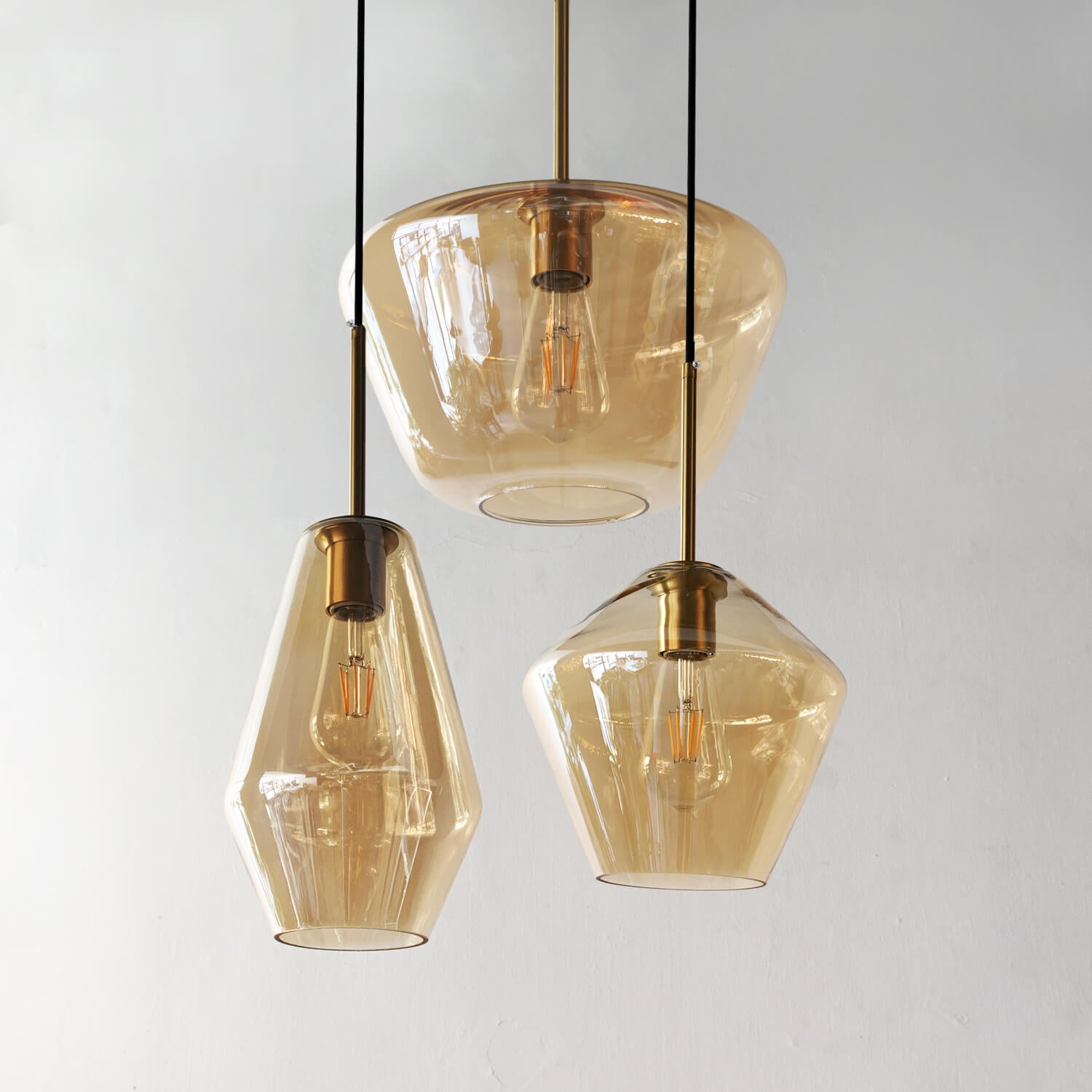Chandeliers are decorative fixtures that hang from the ceiling to provide light. The light is usually reflected in a crystal or glass dish. Unlike pendant lights, a chandelier is meant to be a showpiece. This means that the installation of a chandelier can be more complicated than installing a pendant light. While most chandeliers use incandescent light bulbs, they may also use fluorescent or LED lighting. It is a good idea to know what different types of chandeliers look like.
Crystal chandeliers are characterized by alternating bulbous and narrow parts. They also feature a crystal drop, which is a small piece of glass hanging from the frame. There are six main kinds of crystal. These include faceted, cut, French, cut leaded, machine cut and machine blown.
If you are considering purchasing a chandelier, it is a good idea to learn about the different types. For instance, you might want a chandelier that can be hung in the center of a room for a full 360-degree view. Also, you will want to keep in mind the size of your room. Generally, chandeliers that are used in a living room should be larger than those for a dining room.
Aside from its aesthetic qualities, a chandelier also helps to reduce the risk of fire. Originally, they were candle holders that were hung from the ceiling. As time went on, they were transformed into beautiful fixtures that reflect light. By 18th century, they were popular all over Europe.
In the early years, chandeliers were made from cast metals. They were often carved with neoclassical motifs, which incorporated clean lines and classical proportions. Neoclassical styles were especially popular with merchant class during the early 18th century.
Crystal chandeliers are now produced from six different kinds of crystal. Some of them are hand-cut and others are machine cut. Machine-cut crystals are more precise and offer sharp facets. Most of the crystals used to make chandeliers are based on a high lead content. However, it is possible to find crystals that are made from other materials.
During the 18th century, Venetian glassmakers began to produce glass chandeliers. Glass prisms are a relatively cheap form of crystal. These were easier to produce than rock crystal, and they were easy to cut into shapes.
Today, the term “crystal” is generally associated with clear glass with between 24 percent and 30 percent lead oxide. Lead glass has special qualities that allow it to be cut and polished to a very fine finish.
Other forms of chandeliers are also made from glass. Holophane, for example, is a glass with a sharply ribbed surface and a very clear color. Additionally, there are a number of forms that can be found in a chandelier, including the baguette and the French prism. Normally, the baguette is a very thin fixture that has a long, rectangular shape.
Some types of chandeliers can also be mounted on the wall. These types of lights can be installed through the junction box, which is a metal or plastic enclosure that holds the electrical wires. You will need to remove the insulated covering from the box before wiring it up.



